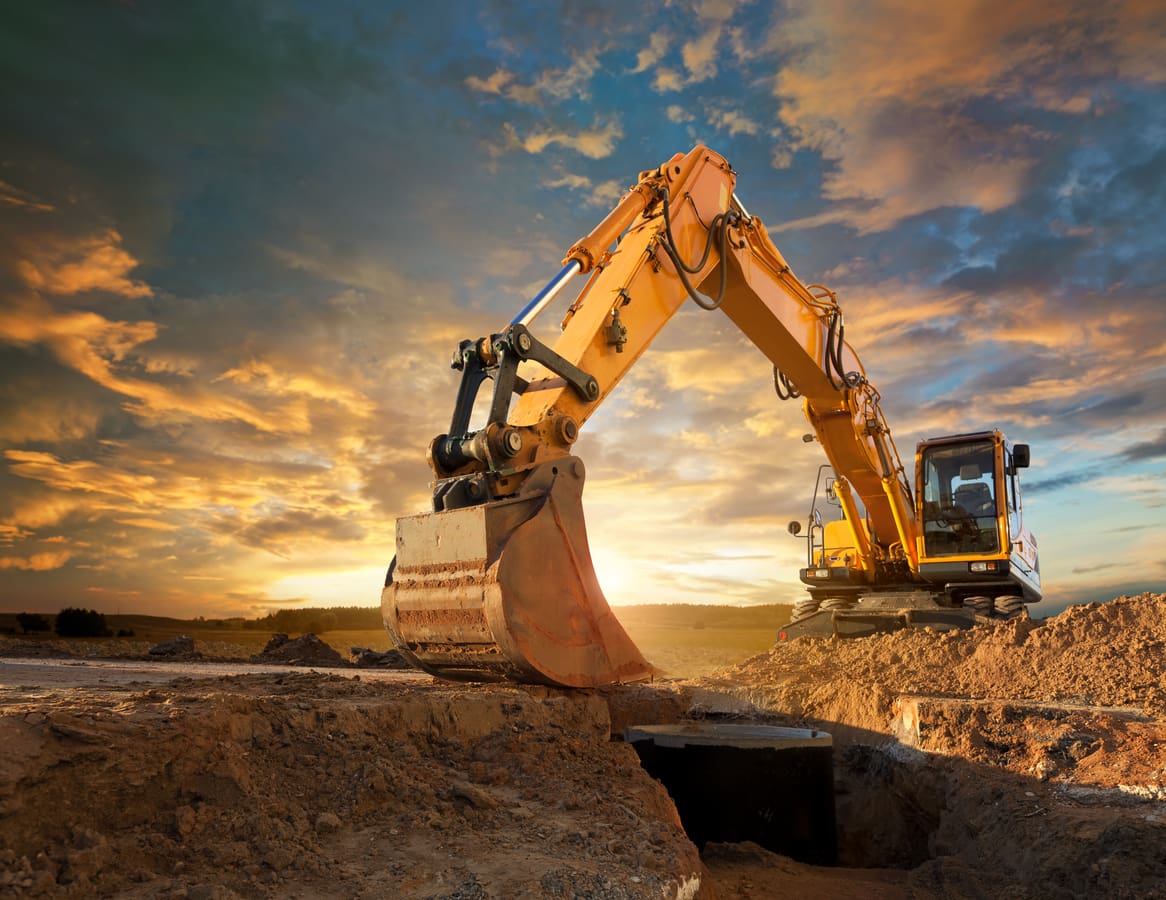UK steel and aluminium industries are reeling after the Trump Administration quietly revised tariffs to include more than 400 additional product categories
Whilst the UK is not subject to the more aggressive 50% tariffs imposed on steel and aluminium products from China and other European countries, the expanded
scope of the 25% tariffs on steel and aluminium components will hike prices significantly across a variety of products such as:
- Fire extinguishers
- Machinery
- Construction materials
- Specialised chemicals containing or contained in aluminium and steel
“Auto parts, chemicals, plastics, furniture components—basically, if it’s shiny, metallic, or remotely related to steel or aluminum, it’s probably on the list,” summarised Kuehne + Nagel VP Customs Brian Baldwin on LinkedIn.
“Today’s action expands the reach of the steel and aluminum tariffs and shuts down avenues for circumvention — supporting the continued revitalization of the American steel and aluminum industries,” commented Under Secretary of Commerce for Industry and Security Jeffrey Kessler.
JCB has warned that the US tariff changes will cost “hundreds of millions of pounds”
JCB’s chief executive Graeme MacDonald described the new tariffs as “punitive” to The Times.
“The tariffs as they now stand are hugely punitive and they catch every machine that we ship to the US,” Macdonald said. “It will make us have to reconsider how we trade with North America.”
A spokesperson for the UK government said, “Thanks to our trade deal with the US, the UK is still the only country to have avoided 50% steel and aluminium tariffs. But we are committed to going further to give industry the security they need, protect vital jobs, and put more money in people’s pockets. We will continue to work with the US to get this deal implemented as soon as possible and in industry’s best interests.”
Viki Bell, CEO, CEA (Construction Equipment Association) commented:
“From 18 August, new US tariffs under Section 232 mean finished construction machinery and key parts exported from the UK now fall within scope of duties on steel and aluminium. UK-origin goods are currently charged at 25% on the steel and aluminium content of the product, while many non-UK competitors face 50%. If the metal content cannot be proven at the time of entry, US Customs requires the duty to be applied on the full value of the machine — creating a serious risk of overpayment and penalties.
“These measures now cover not only finished machinery but also a wide range of essential components — such as buckets, blades and mixer parts — which are integral to UK exports. This widens the exposure significantly, as both complete machines and the parts needed to maintain them are now in scope.
“For complex machines made from thousands of components, many sourced from suppliers who do not provide detailed material breakdowns, complying with these rules will be extremely difficult in practice. Initial analysis indicates that major UK exporters could face additional costs running into hundreds of millions of pounds each year if duties are charged on the full value of machines.
“The US is one of the UK sector’s most important export markets, worth over £1.5bn in 2023. By the first half of 2025, shipments were already down by around 40% in value compared with the same period in 2024. With these new tariffs now applying from mid-August, there is a clear risk of further sharp declines if workable solutions are not found.
“The CEA is already in urgent discussions with the Department for Business and Trade and working closely with Make UK and other partners to ensure government hears a clear and united message from industry. We are pressing for clarity on the UK position, for practical compliance routes that reflect the realities of complex machinery, and for exemptions where appropriate. Our immediate focus is to protect UK manufacturers by minimising disruption and additional costs.
“We encourage companies affected to share examples of where these tariffs create difficulties — whether on specific machines, parts or supply chains — so that we can present the clearest possible evidence to government. The more detail we can gather, the stronger the case we can make on behalf of the industry. We will continue to keep members closely updated as the situation develops.”
